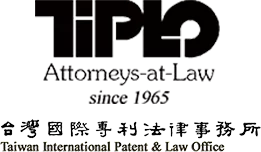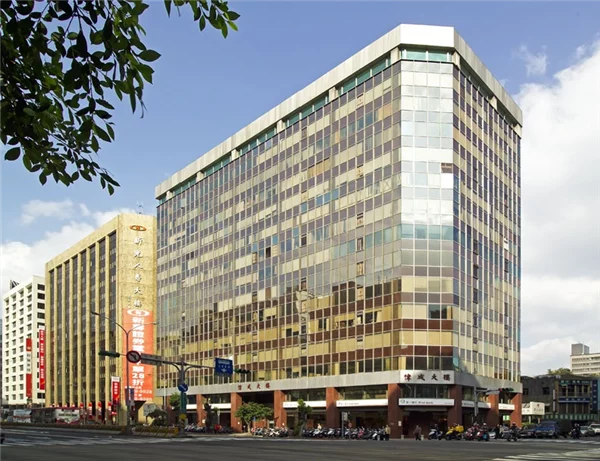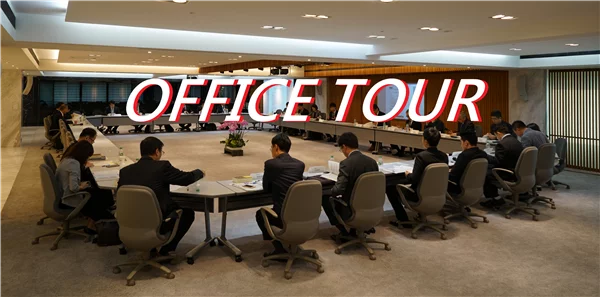Purposes of Amendments to the Fair Trade Law:
E990415Y4 Apr. 1999(E02)
Purposes of Amendments to the Fair Trade Law:
I. To comply with the actual competitive situation in the market: --
The provisions of Article 10 and Article 11 pertaining to periodical announcement of the names of monopolistic enterprises are deleted. The Fair Trade Commission will first survey information in the market to determine on a case-by-case basis whether an enterprise suspected of unfair competition should be regulated in accordance with the provisions pertaining to monopolistic enterprises.
II. To strengthen the regulations on unfair competition: --
Article 18 is amended to expand the scope of making free decisions on the prices of goods including daily necessities. Restriction of competition is added to Article 19 as a prohibitive act so as to broaden the objects falling under the rubric of unfair competition.
III. To clarify and solidify the applicability of the Fair Trade Law: --
The wording of Article 20 is amended to solidify the applicability of this article. The applicability of Article 46 for competing with other laws is enhanced so that such applicability is clearer.
IV. To explicitly regulate multi-level sales: --
Articles 23-1, 23-2, 23-3 and 23-4 are added to specify the regulations governing multi-level sales in this Law. There are explicit provisions pertaining to return of goods and withdrawal from multi-level sales activities.
V. To adopt the principle of "giving an administrative disposition first and then a judicial punishment if such disposition is defied": --
Article 35, as Article 36 does, adopts the principle of "giving an administrative disposition first and then a judicial punishment if such disposition is defied." Under the original Article 35, an enterprise which abuses its monopolistic power in the market, conducts combination or imitation, or hinders other enterprises from participating in competition, would receive criminal punishments directly. However, enterprises have responded that such regulation is too harsh and it is
better to govern acts relating to the economic order by administrative means. It is for this reason that Article 35 is amended in exchange for giving a proper preliminary warning. Nevertheless, this Law still adopts the principle of "giving an administrative disposition and a judicial punishment concurrently" for a violation of the regulations of multi-level sales where the violation is serious and clear.
VI. To strengthen the punitive effect to prohibit illegality: --
1. "To impoverish the offenders": the maximum of the criminal fines in Articles 35, 36 and 37respectively is modified to a hundred times the previous maximums. The maximum administrative fines provided in Articles 40, 41 and 42 respectively are also raised immensely to effectively prohibit illegal acts.
2. "To enhance government authority to a great extent": the fact that the Fair Trade Commission may directly fine an enterprise for its first violation can enhance government authority to a great extent with a view to intimidating illegal enterprises.














